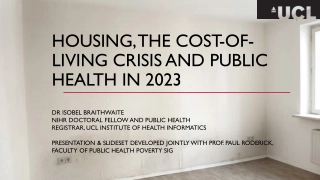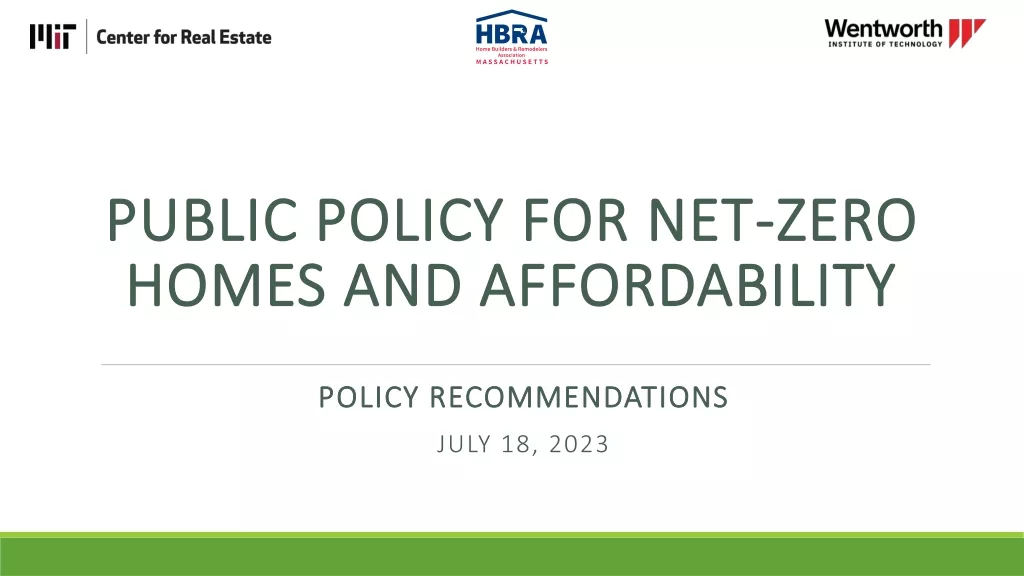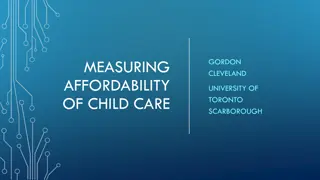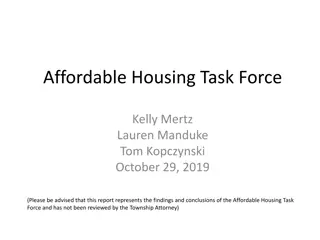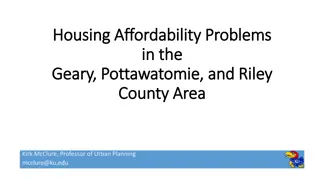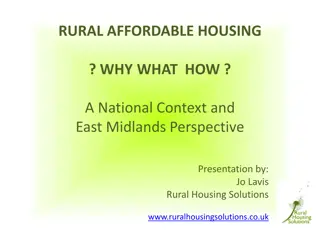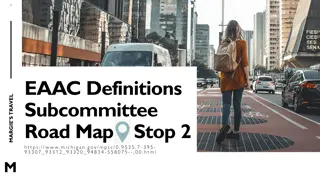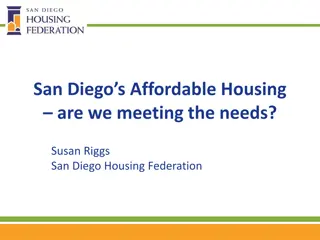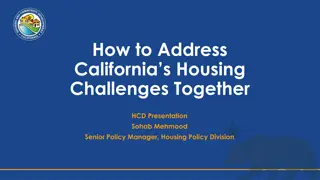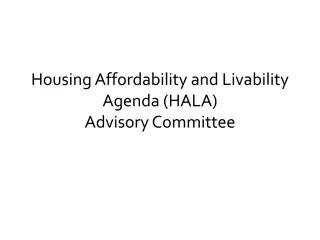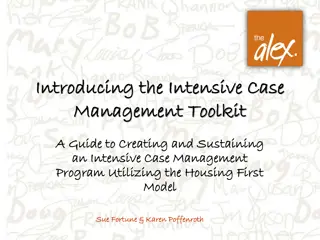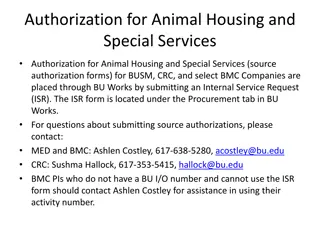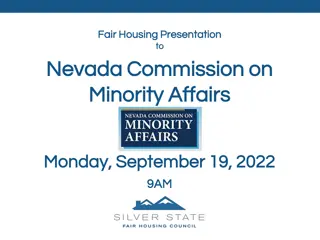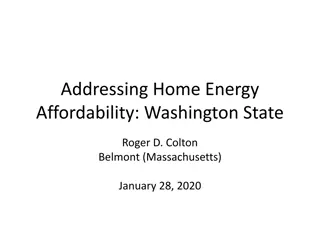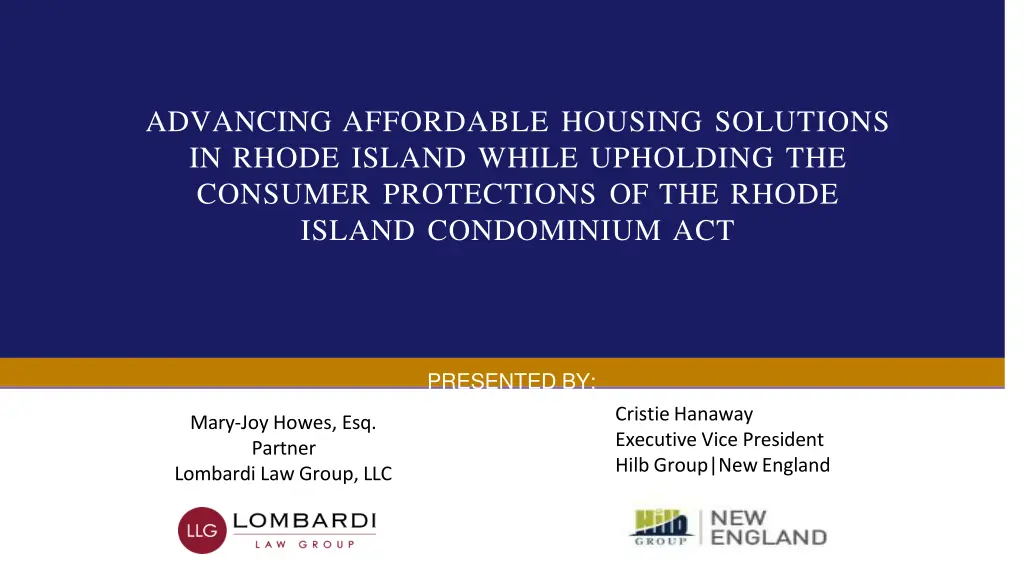
Affordable Housing Solutions in Rhode Island
Explore how Rhode Island is advancing affordable housing solutions while upholding the consumer protections of the Rhode Island Condominium Act. Learn about condominium ownership, governance structures, assessments, and policies supporting affordable housing initiatives.
Download Presentation

Please find below an Image/Link to download the presentation.
The content on the website is provided AS IS for your information and personal use only. It may not be sold, licensed, or shared on other websites without obtaining consent from the author. If you encounter any issues during the download, it is possible that the publisher has removed the file from their server.
You are allowed to download the files provided on this website for personal or commercial use, subject to the condition that they are used lawfully. All files are the property of their respective owners.
The content on the website is provided AS IS for your information and personal use only. It may not be sold, licensed, or shared on other websites without obtaining consent from the author.
E N D
Presentation Transcript
ADVANCING AFFORDABLE HOUSING SOLUTIONS IN RHODE ISLAND WHILE UPHOLDING THE CONSUMER PROTECTIONS OF THE RHODE ISLAND CONDOMINIUM ACT PRESENTED BY: Cristie Hanaway Executive Vice President Hilb Group|New England Mary-Joy Howes, Esq. Partner Lombardi Law Group, LLC
What is a Condominium? Ownership of a single unit in a multi-unit project with an undivided interest in common in the common areas and facilities of the property. Two statutes RI Condominium Ownership Act RI Condominium Act: RI adopted the Uniform Condominium Act (post 7/1/82) with Comments including consumer protection provisions
Governance All owners make up the Association Elected board made up of Unit Owner volunteers Contractual and statutory relationship - Priority of Control: State Law Declaration & Plats and Plans By-laws Rules & regs
Assessments Budget is adopted by Board subject to right of owners to reject by majority vote of unit owners Cost to operate (insurance, maintenance, reserve, etc.) Statute provides owner responsibility must be based on % interest per allocations in the Declaration Mullowney vs. Masopust (2008); consumer protection purpose of Act
This amendment reflects a policy to support affordable housing initiatives by allowing preferential treatment for units under such restrictions Assessments In 2006 the Statute was amended to support Affordable Housing by allowing special treatment for units subject to HousingRestrictions by allowing flexibility with respect to the allocated interests assigned by the declarant to the affordable units. Senators Tassoni, Walaska, and Blais Representatives Kennedy, Slater, Lewiss, E Coderre, and San Bento
Assessments 34-36.1-3.15(b) all common expenses must be assessed against all the units in Accordance with the allocations set forth in the declaration pursuant to 34-36.1-2.07(a). 34-36.1-2.07(a) (a) The declaration shall allocate a fraction or percentage of undivided interests in the common elements and in the common expenses of the association, and a portion of the votes in the association, to each unit including land only units and state the formulas used to establish those allocations. Those allocations may not discriminate in favor of units owned by the declarant, but may discriminate in favor of units subject to a housing restriction as set forth in 34-39.1-3. Except as set forth in 34- 36.1-1.03 (7), no minimum percentage interest in the common elements is otherwise required.
Assessments 34-36.1-1.03(7) (7)(i) Condominium means real estate, portions of which are designated for separate ownership and the remainder of which is designated for common ownership solely by the owners of those portions. Real estate is not a condominium unless the undivided interests in the common elements are vested in the unit owners. (7)(ii) Provided that each unit owner has a vested, undivided interest in the common elements greater that 0.0 percent, no minimum percentage interest in the common elements is otherwise required by this chapter. 34-39.1-3 For Purposes of this chapter: 1. HousingRestriction means any obligation or requirement to maintain real estate affordable for rental to or purchase by low and moderate income citizen s of the state
Assessments Monthly Assessments Special assessments Increases in base fee to keep up with rising living costs (insurance etc.) Life blood of condominium Statutory and contractual consequences of non- payment
The Assessment Lien Statutory priority lien after 60 days of nonpayment Lein has limited super priority over first mortgage to extent of: 6 months assessments $2,500 / $5,000 legal fees/expenses Non-judicial foreclosure No unit owner redemption rights
Potential Solutions New Developments Mandate lower % allocations to affordable units as allowed per the 2006 statutory amendment (cannot change % retroactively) All owners are on notice of responsibility from the onset- no consumer protection concerns Allocations meet statutory requirements for 100% funding of assessments
Potential Solutions New Developments Developer Set-Aside or Capitalized Reserve for Affordable Units At Development or conversion, require developer to: Fund long-term reserve specifically for covering fees/Assessments on affordable units Place funds in escrow or reserve for predictable use This is common in Massachusetts affordable housing projects (like 40B) and helps prevent inequitably making other unit owners pay extra costs. Developer could potentially receive additional tax credits.
Potential Solutions Existing Developments Treat Increasing Condo Fees for Affordable Condo Units Similarly to Low Income Rental Subsidies Restricted deed owner pays mortgage & original condo fee Based on Income & other factors, increases in monthly condo fees outside of guidance limits would be treated in the same manner as rental subsidies Annual requalification should apply
Potential Solutions Existing Developments Public ownership of Affordable Units The housing authority owns the condominium units Con: Removes Ownership opportunities for low income individual/families
Potential Solutions Existing Developments Shared Service Agreements The municipality or housing authority can fund certain services such as snow removal or landscaping proportionate to the affordable units so as to offset fees indirectly.
Potential Solutions Existing Developments Potential Sources of Funding -Rhode Island Housing -HOME investment partnership program (HOME) -structure to subsidize condo fees or capital repairs -income verification / affordability compliance periods -Community Development Block Grants (CDBG) -condo common area repairs -available in entitlement communities (Pawtucket, Warwick, Cranston, providence) -American Rescue Plan Act (ARPA) or State Housing Trust Funds
Reporting Requirements Concerns with reporting requirements of proposed legislation Volunteer members/ paid mgmt. Existing mandate to give owner s records within 30 days

